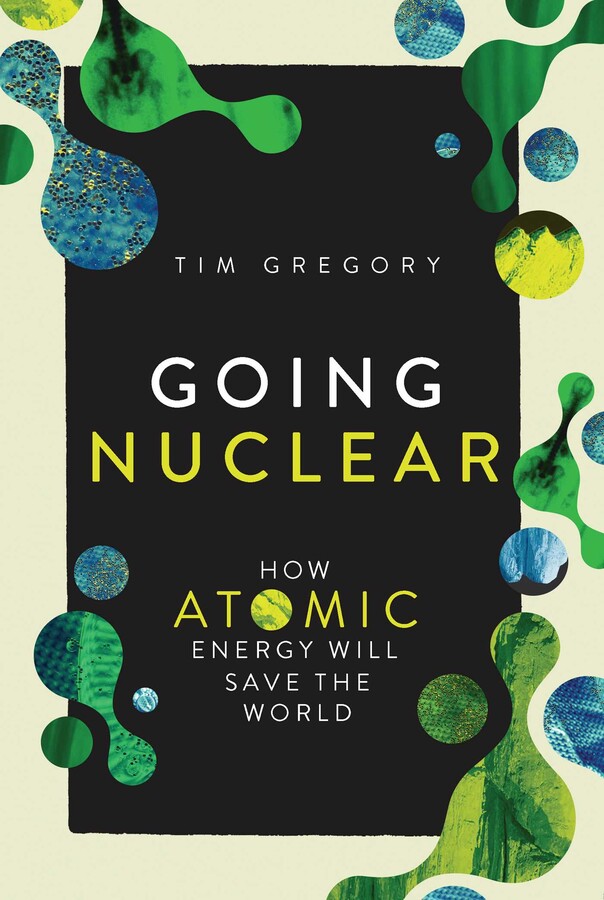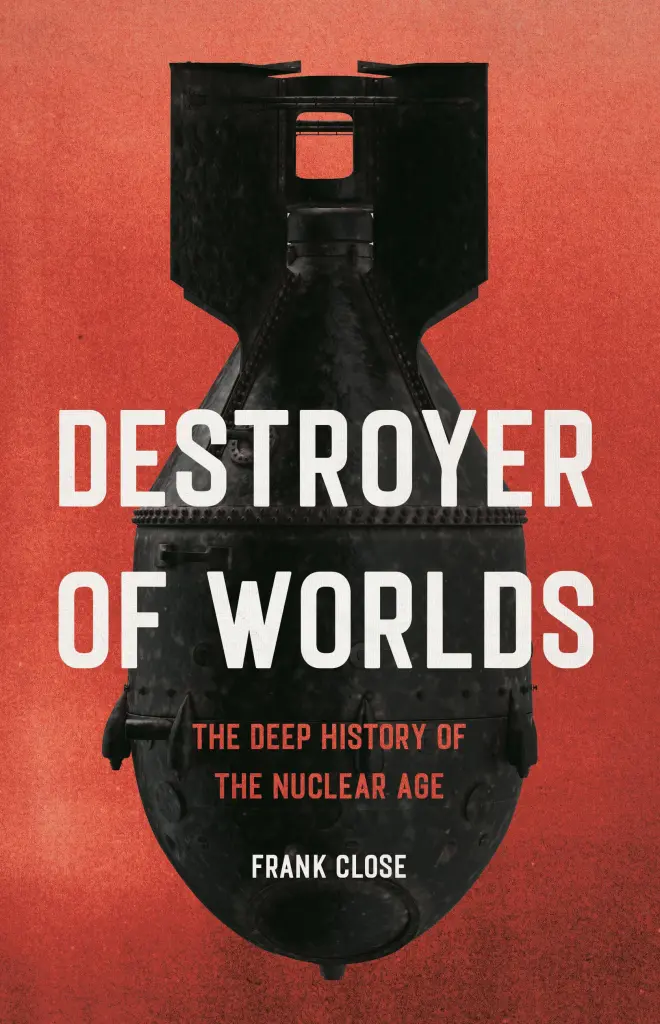Fermi, whose wife was Jewish, did eventually leave fascist Italy after Mussolini officially allied with Nazi Germany and enacted a state policy of anti-Semitism. He was one of many refugees from the fascist nations who eventually joined the Manhattan Project, a fact that Close underscores many times. “It is ironic that Hitler’s actions were providing the Allies with the very scientists who would help defeat the Axis powers,” Close remarks. “Having fled fascism, they would later play central scientific roles in plotting its downfall,” he writes elsewhere.
This would indeed be a pleasing irony if it were true, but it isn’t. The Manhattan Project self-evidently played no role whatsoever in the defeat of Hitler. The atomic bomb did, of course, bring the fight against Japan to an end, but even those who defend the decision to use the bomb would concede that the ultimate outcome of the war was by that time no longer in doubt. While one might sympathise with the scientists who initially joined the Manhattan Project because they believed it was essential to beat Hitler to the bomb, it was already obvious by the end of 1944 – many months before the Trinity nuclear test detonation – that even if the Nazis had managed to figure out a functional design, there was no way they could possibly enrich enough uranium to construct a bomb before their inevitable defeat.
At that point, however, only a single scientist left the Manhattan Project: Joseph Rotblat, who later won the Nobel Peace Prize for his disarmament work. Close discusses Rotblat’s advocacy in a brief postscript, along with the work of Andrei Dmitrievich Sakharov, who helped the Soviet Union develop a hydrogen bomb but later also won a Nobel prize for his peace activism. (The postscript also includes, for some reason, the German chemist Otto Hahn, whose failed work for Hitler’s nuclear programme during the war did not manage to win him a Nobel Peace Prize.) Close is correct that Rotblat and Sakharov are inspiring. But they are more than that: they exemplify the obligations of any scientist who helps create world-destroying technology. By entering the political fray, they were not going above and beyond the call of duty, helping the public clean up the mess it had made of their discoveries. They were atoning.

